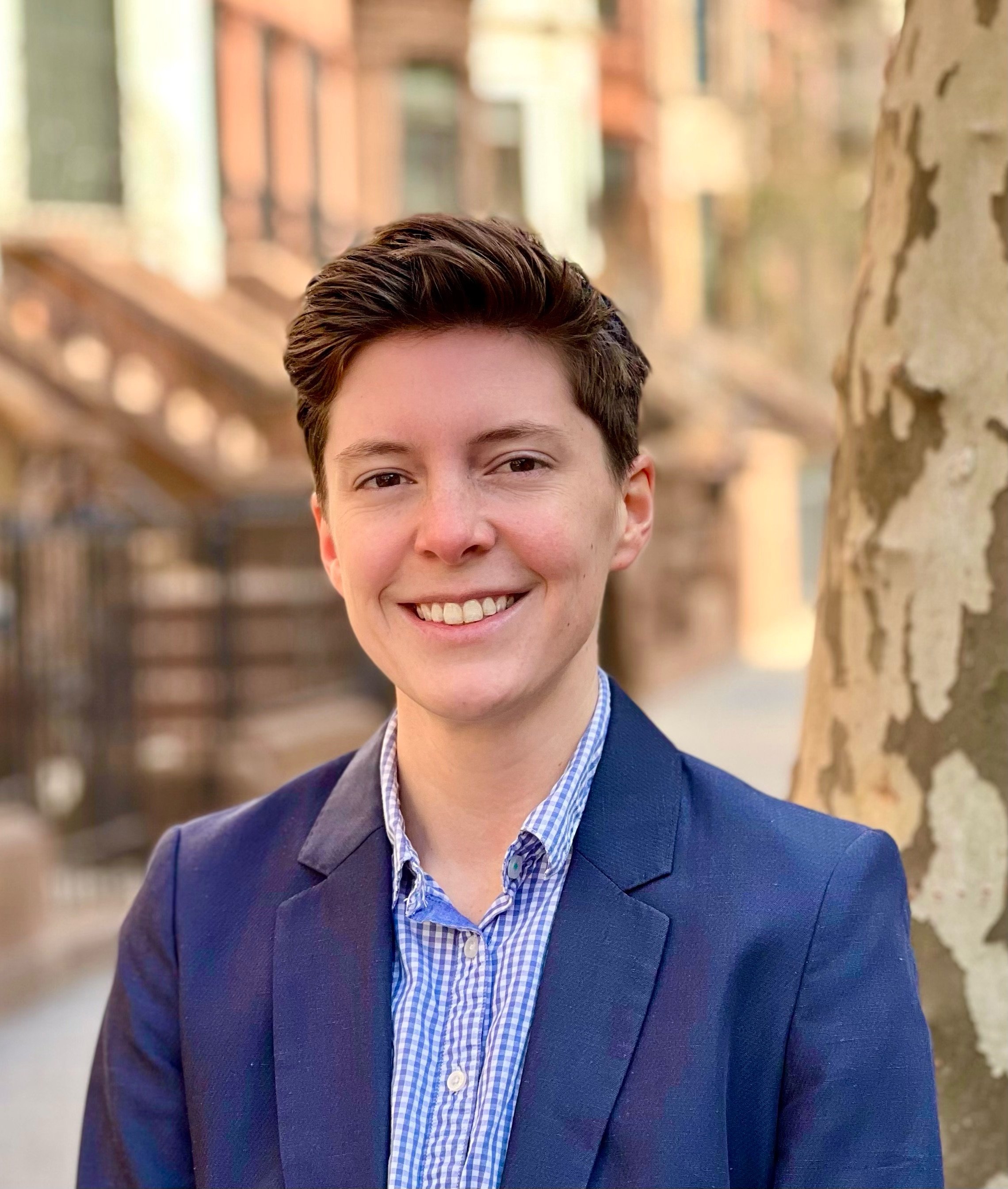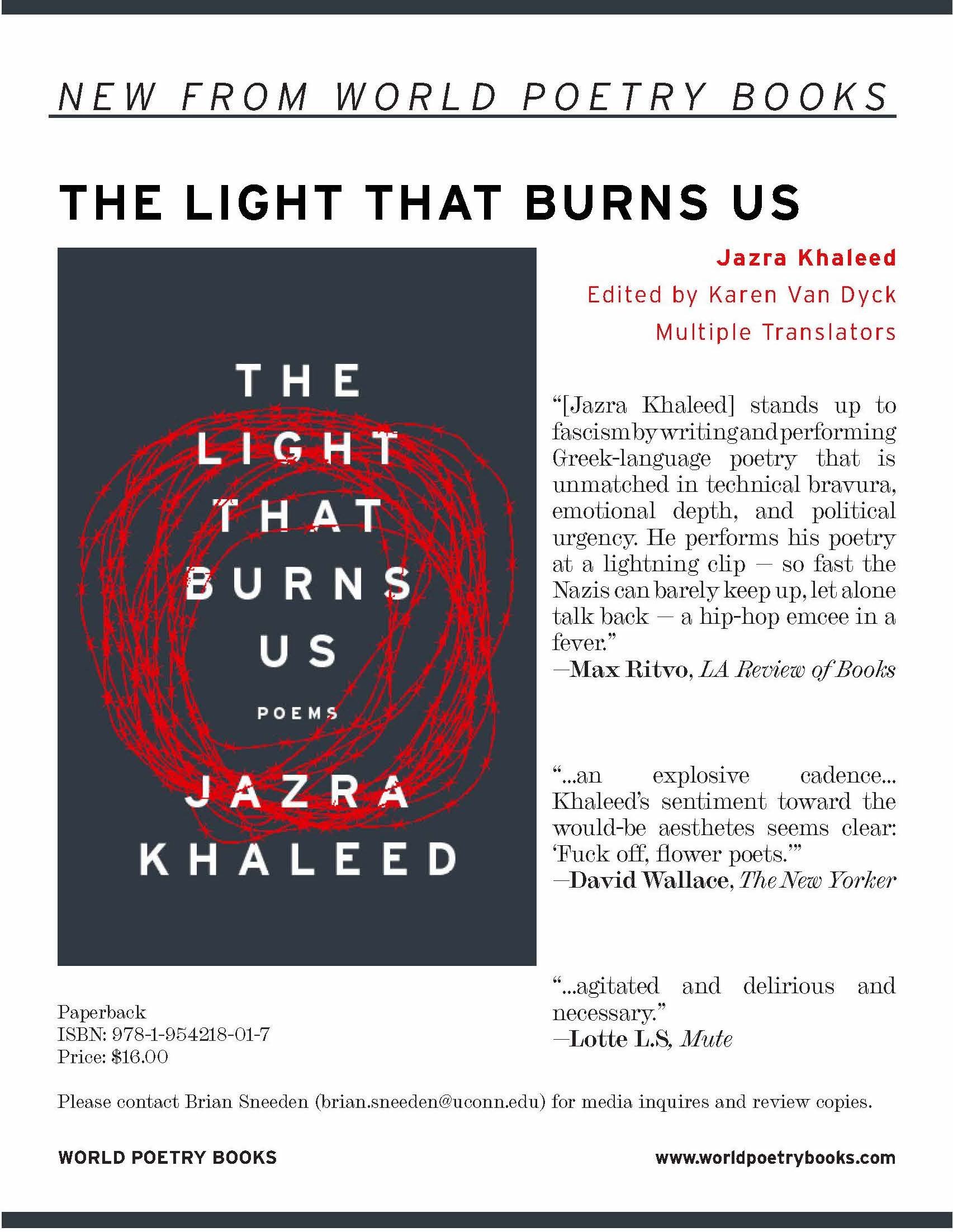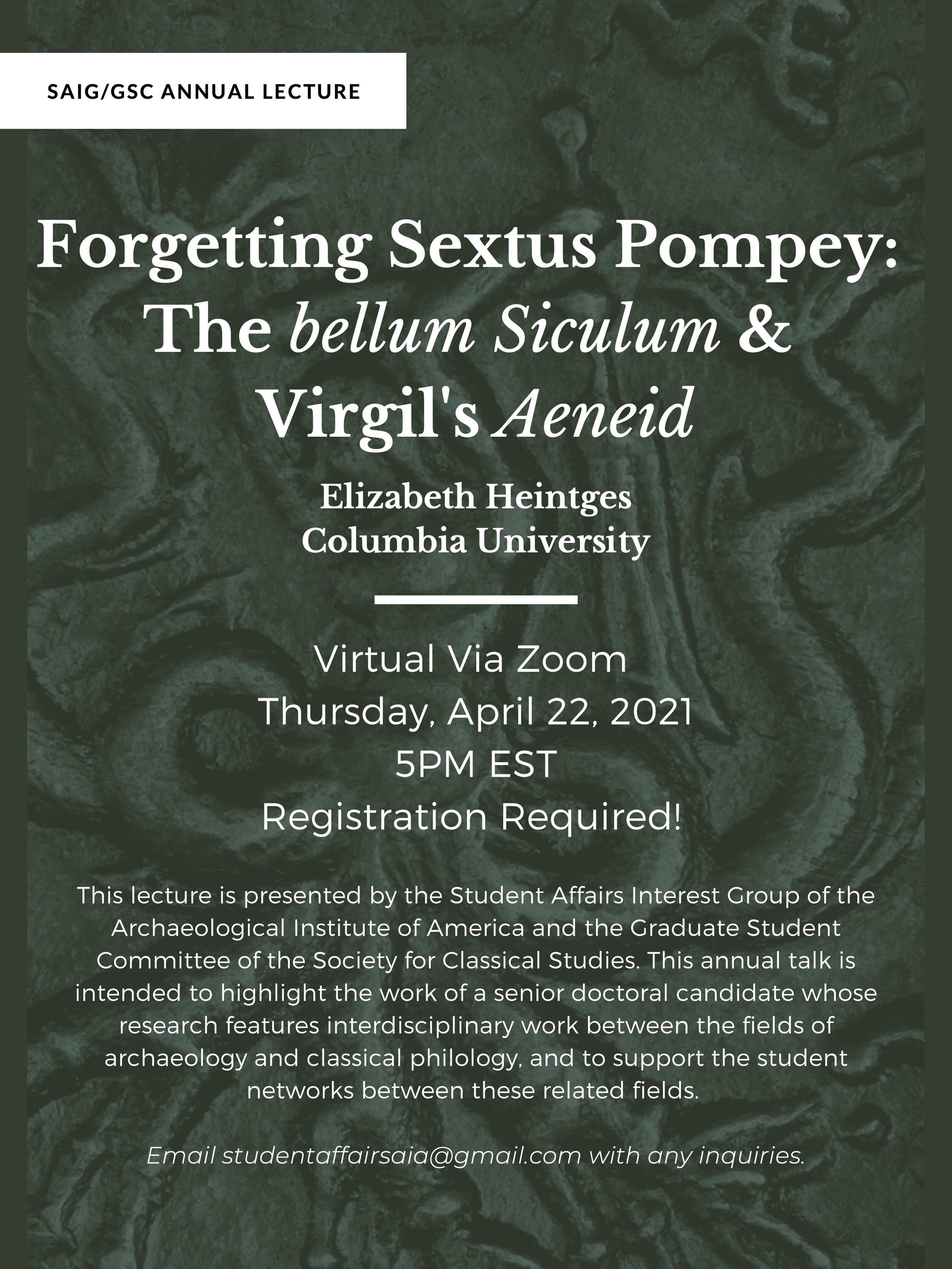The Department extends its congratulations to PhD candidate Cat Lambert, who will be joining the Department of Classics at Cornell University as a postdoctoral fellow for the 2022-2023 academic year, and then as an Assistant Professor.
Cat works widely on Latin and Greek literature, with particular interests in book history, gender, and queer studies. Her current research is driven by a desire to open up new understandings of material texts and their readers in antiquity. In particular, in her recent article, “The Ancient Entomological Bookworm” (Arethusa 2020), she traces the vermiculate gaps left in the bookworm’s wake as it munches through the papyrus scroll and becomes activated by imperial Greek and Latin texts as a metaphor for skewering inept, pedantic readers of low-social status.
At Cornell, Cat will develop her book project, Bad Readers in Ancient Rome. This project builds on a central insight from her work on the bookworm, which is that staking a claim to an ideal, readerly embodiment over another also stakes a historically specific claim to power, embodiment, and identity. Her book blends the methodology of book history with the insights of feminist, queer, and critical theory to understand why certain readerly embodiments and modes are stigmatized for deviating from the hegemonic norm, and to illuminate the broader material, social networks that are adumbrated by books as objects in the imperial Roman Mediterranean. Ultimately, she argues that "bad readers" offer a powerful locus for telling a new story about books and readers in antiquity, as well as a lens for theorizing how certain hermeneutic modes in the discipline today intersect with and reproduce hierarchies of power.
Cat is also excited to get to know students at Cornell through her teaching. She will teach Latin and Greek language and literature, as well as "Queer Classics," a course she developed at Columbia through the Teaching Scholars program.
You can read a full write-up of Cat's appointment here: https://classics.cornell.edu/news/cornell-classics-welcomes-new-faculty-member-cat-lambert





















